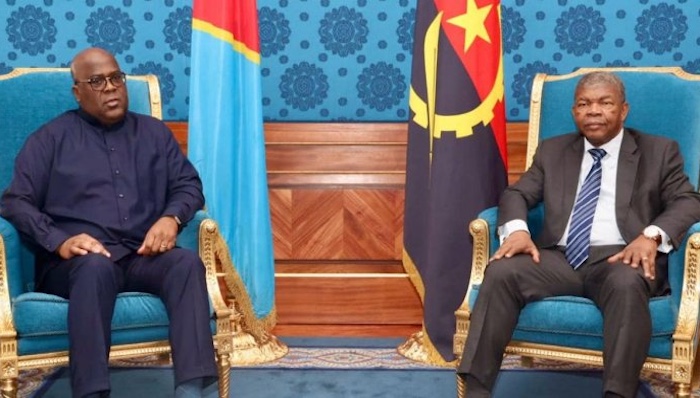
After months of violent clashes and escalating tensions in the eastern Democratic Republic of the Congo (DRC), representatives of the government and the M23 rebels have finally met for the first round of peace talks. This historic meeting, which took place in Nairobi, Kenya, marks a significant turning point in the ongoing conflict that has plagued the region for over a year.
The M23, a primarily Tutsi-led rebel group, has been accused of destabilizing the DRC’s North Kivu province. Over the past several months, their forces have seized large portions of territory, intensifying the humanitarian crisis and displacing hundreds of thousands of civilians. The DRC government, alongside neighboring nations like Rwanda and Uganda, has repeatedly condemned the M23’s actions, leading to heightened regional tensions and the involvement of international organizations.
The peace talks, which were brokered by the East African Community (EAC), bring together senior negotiators from both the DRC and M23, as well as representatives from the United Nations and other regional stakeholders. Although the parties entered the discussions with a history of mistrust, many hope that these initial dialogues will pave the way for a comprehensive ceasefire and the eventual resolution of the ongoing conflict.
One of the main issues on the table is the future of the M23 and its demand for greater political autonomy for the Tutsi minority in the DRC. The rebel group has also called for the withdrawal of foreign military forces, including those from neighboring Rwanda, which they accuse of supporting the M23. The DRC government, however, has made it clear that it will not tolerate any form of secession or foreign interference.
Despite the challenges, both sides have expressed tentative optimism about the talks. DRC President Félix Tshisekedi, who has been under immense pressure to address the rebellion and the humanitarian crisis, emphasized that peace is the ultimate goal. We are here to seek lasting peace for the people of the DRC, Tshisekedi stated during his opening remarks.
The M23, for its part, indicated a willingness to engage in dialogue, though they have also warned that any agreement must respect their demands. We are not here to surrender, said the group’s spokesperson, adding that the talks must address the underlying political issues that have fueled the conflict for years.
International observers have welcomed the talks, noting that they represent a rare opportunity for de-escalation in a region that has been marred by decades of violence. However, many remain cautious, pointing to the fragility of past peace agreements and the deep-rooted ethnic and political divisions in the region.
The situation remains fluid, and the coming days and weeks will be critical in determining whether the peace talks can lead to a tangible ceasefire or whether the conflict will continue to spiral. The international community has pledged to support the process, but it remains to be seen whether the DRC government and M23 rebels can find common ground and avoid a return to full-scale war.
For now, the world watches closely as the DRC government and M23 rebels take their first tentative steps toward what many hope will be a path to lasting peace in the region.

